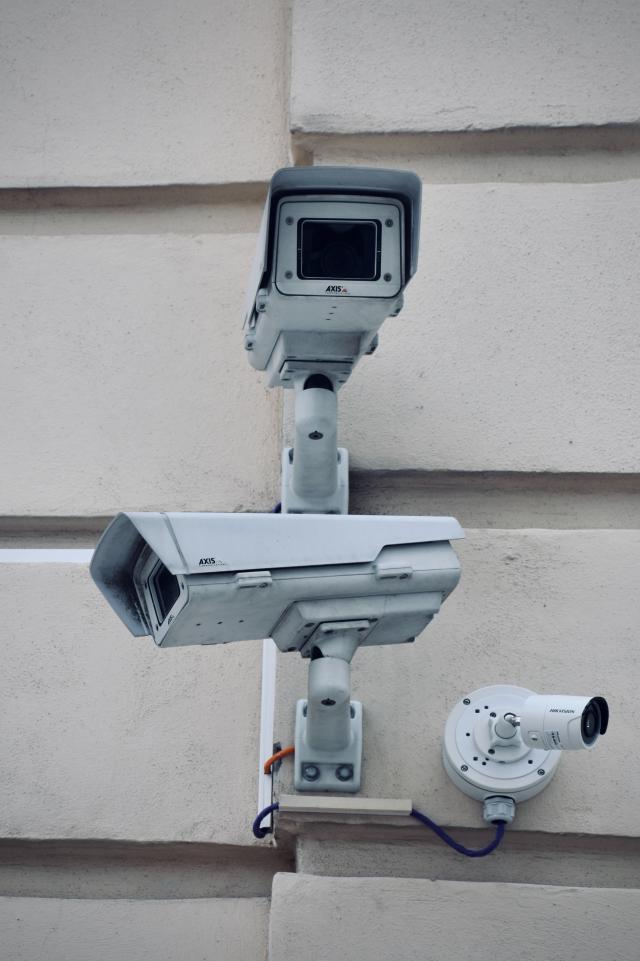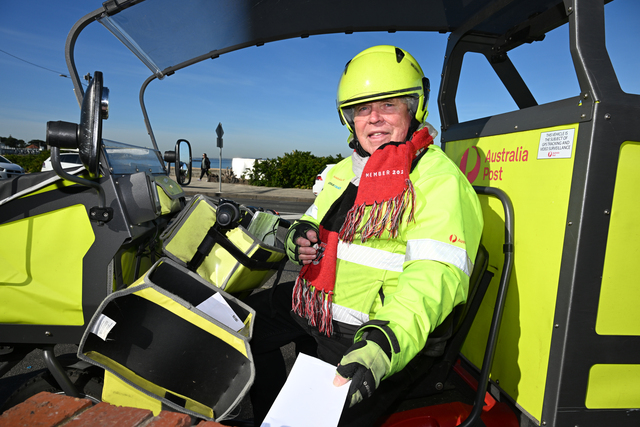The Independent Broad-based Anti-corruption Commission (IBAC) has released the findings of its Perceptions of Corruption Survey completed by Victorian Members of Parliament (MPs) and local government councillors.
The voluntary survey for MPs and councillors builds on IBAC’s surveys from 2022 with state and local government employees, Victoria Police employees, business suppliers, and the Victorian community.
The online survey was sent to all Victorian MPs and councillors in May and 159 people participated.
IBAC Executive Director Prevention and Communication Dr Linda Timothy said IBAC sought the opinions of MPs and councillors to better understand their knowledge of corruption; their perceptions about the prevalence of corruption; and their awareness and attitude towards reporting corruption.
“It was important to gather the views of Victoria’s elected representatives,” he said.
“It helps us to better target our corruption prevention, detection, and education efforts to address corruption risks and vulnerabilities across the whole public sector.”
The survey showed that 73 per cent of councillors and 68 per cent of MPs think corruption is a problem in Victoria, with 59 per cent of councillors and 61 per cent of MPs agreeing it is a problem among elected officials.
Favouritism/nepotism, breaches of professional boundaries, misuse of resources, and collusion were identified as the most common risks facing MPs and councillors.
Councillors appeared to be more aware of how to report corruption (88 per cent) compared to MPs (61 per cent). Councillors are more likely than other cohorts to have personally observed corrupt behaviour compared to MPs or local government employees.
For example, 64 per cent have personally observed or suspected a breach of professional boundaries in the past year compared to 39 per cent of MPs, 46 per cent of public sector employees and 37 per cent of local government employees.
Dr Timothy said one of the interesting findings in the report was learning that while most councillors and MPs said they would report corruption if they observed it, not all of them knew how to report corruption.
“IBAC has work to do in educating our political representatives on IBAC’s role and functions.
“If our elected officials are unsure what corruption looks like, then it can go unreported.”
The survey findings reinforced the importance of several recommendations made in IBAC’s Operation Sandon special report, including the need for better training on governance, leadership and integrity and the development of a model Councillor Code of Conduct.







